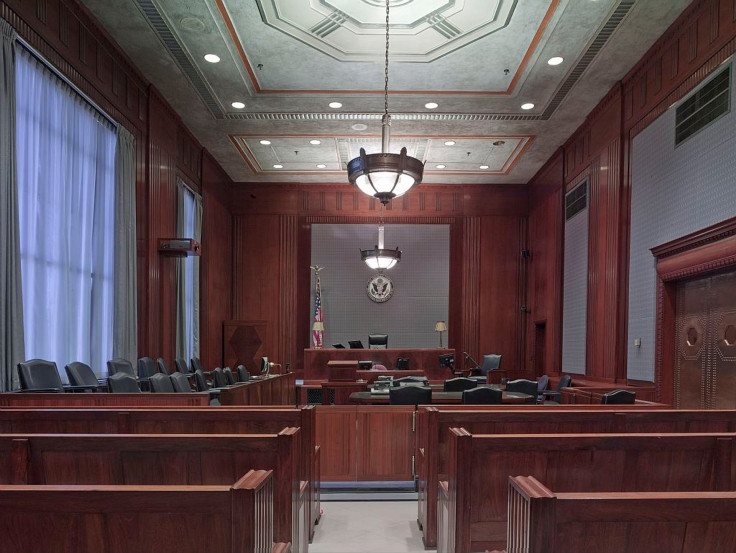A 36-year-old murder convict shot and killed himself after an hours-long standoff with cops in Orlando Thursday.
Michael Green (also known as Michael Edwards) had escaped from a New York courtroom after being convicted of attempted murder two weeks ago, reported New York Post. After barricading himself inside, he shot and killed himself in an apartment at Mosaic at Millenia Thursday night.
According to the Albany County District Attorney, Green had been on the run for about two weeks, reported clickorlando.com. The conviction on a charge of attempted murder and criminal possession of a weapon was for an April 2020 drive-by. During a drive-by in April 2020, he fired a handgun at a home on Old Loudon Road in Colonie, said officials.
Green had appeared in court each day until June 10, when the verdict was scheduled to be read, said the district attorney. Cops have not revealed how he ended up in Orlando or how he entered the apartment where he killed himself. U.S. Marshals and Orlando police tried to make contact with the suspect, who made suicidal threats.
Special Weapons And Tactics (SWAT) team members and crisis negotiators worked for more than five hours to get Green to peacefully surrender, but once officers made their way into the apartment, he was found dead. Police said that he had a self-inflicted gunshot wound. The five-hour standoff came to an end around 10.30 p.m. Thursday.
Officials said that prior to the trial, he was released on a $100,000 bond. He gave no indication that he would take off. Darrell Camp, Director of Communications at Albany County District Attorney’s Office, said that Green had been appearing to court, "while free for the entirety of the week-long trial." That basically said to them that okay maybe "he will appear and legally, that suggests he’ll appear for the verdict, and he did not." After he fled court, a bench warrant was issued for his arrest.
George LaMarche, a defense attorney and founding member of LaMarche Safranko Law PLLC, has had similar situations where his clients left the courtroom and never returned, reported News10 ABC. He said that it’s very rare that it does happen, and "when it does happen the defense attorney is left wondering where the client is." He added that the court is saying the client is supposed to be here "why isn’t the client here, people have to go and find the client to bring the client back in... it can make a real mess of the proceedings for sure.”
As for Green, he was never sentenced, and he could have faced up to 25 years in prison.






